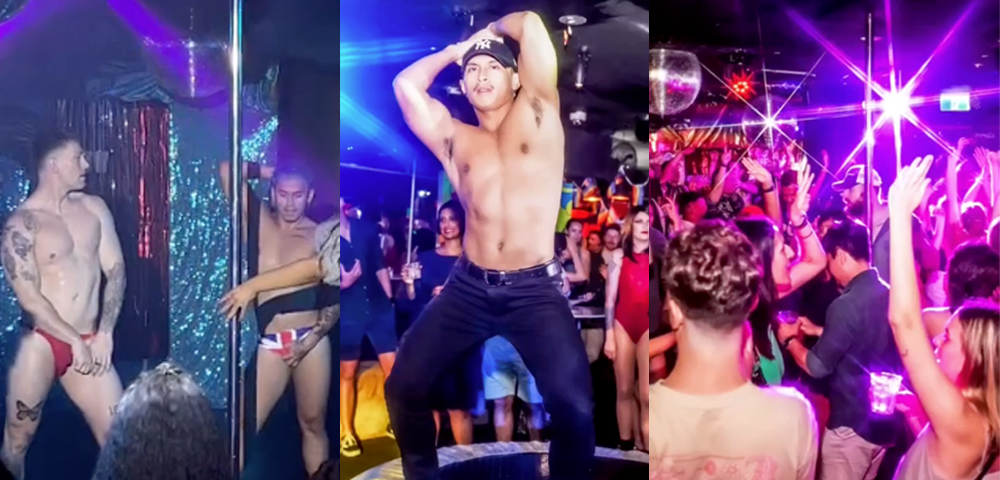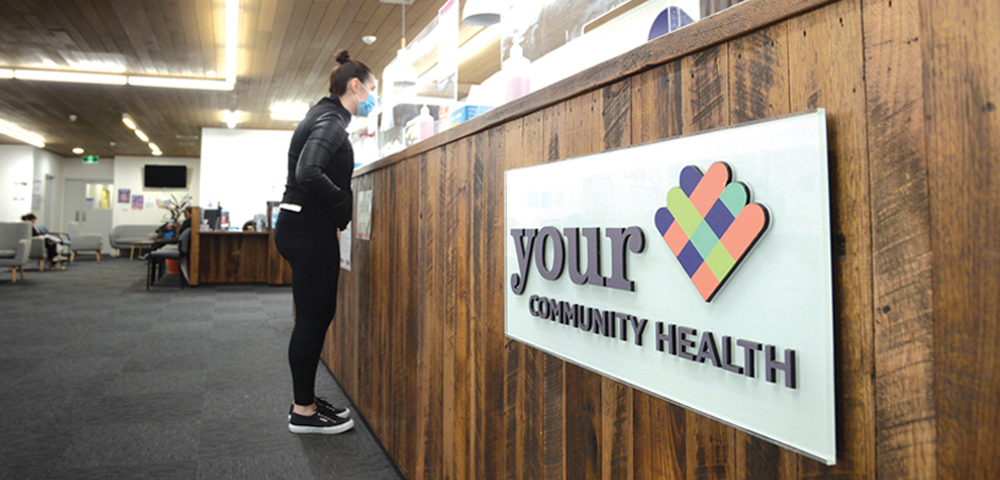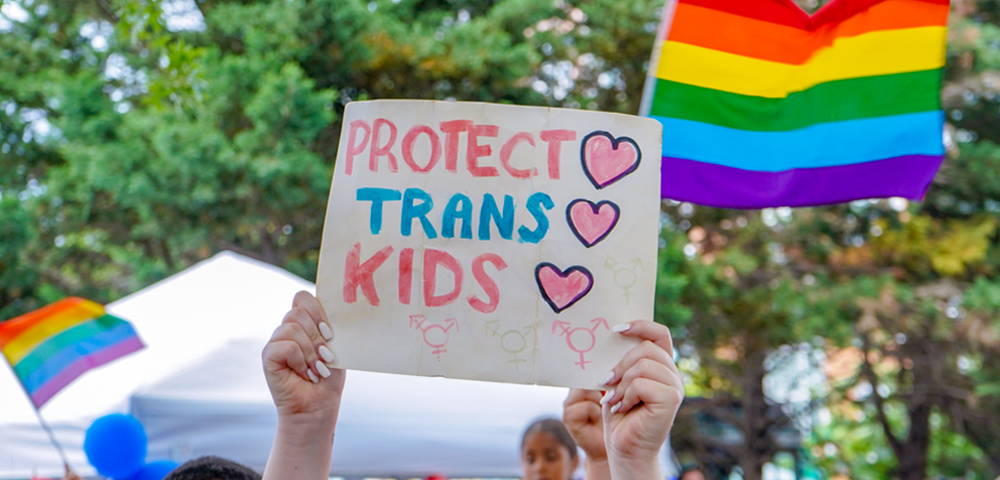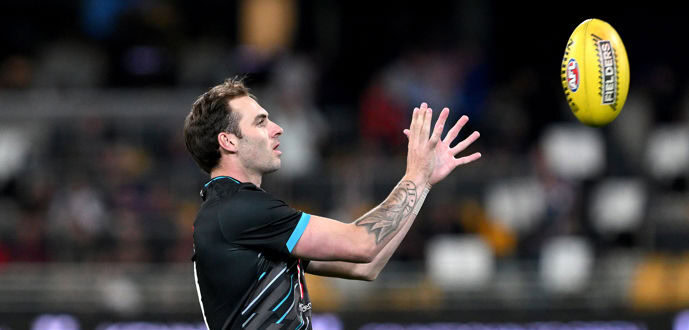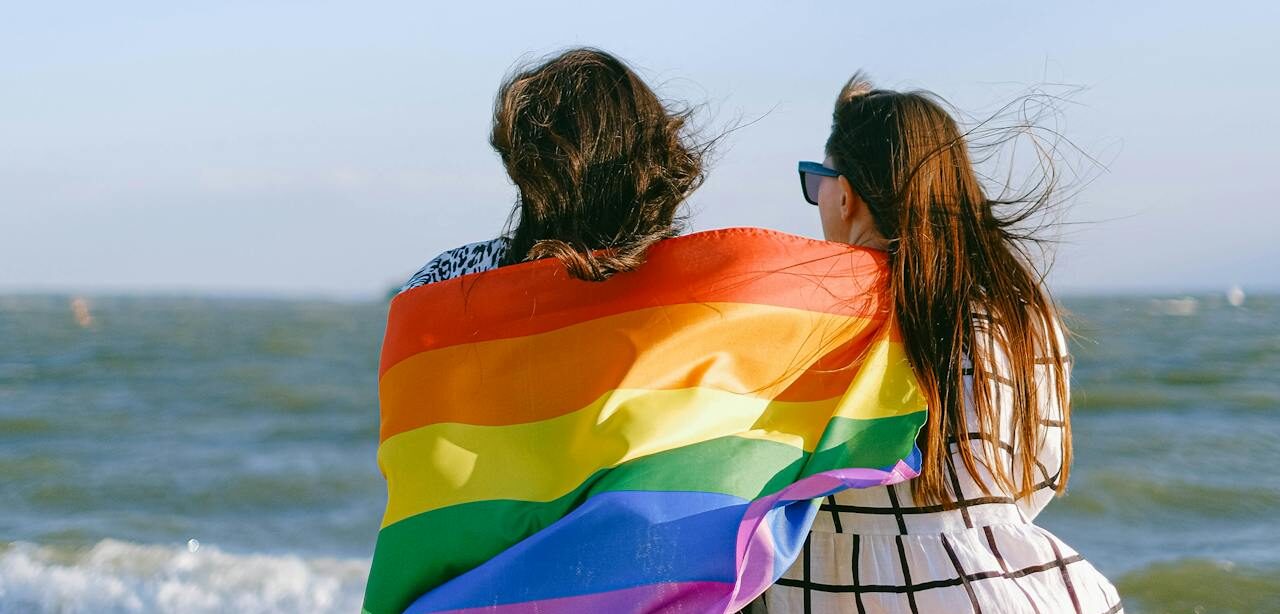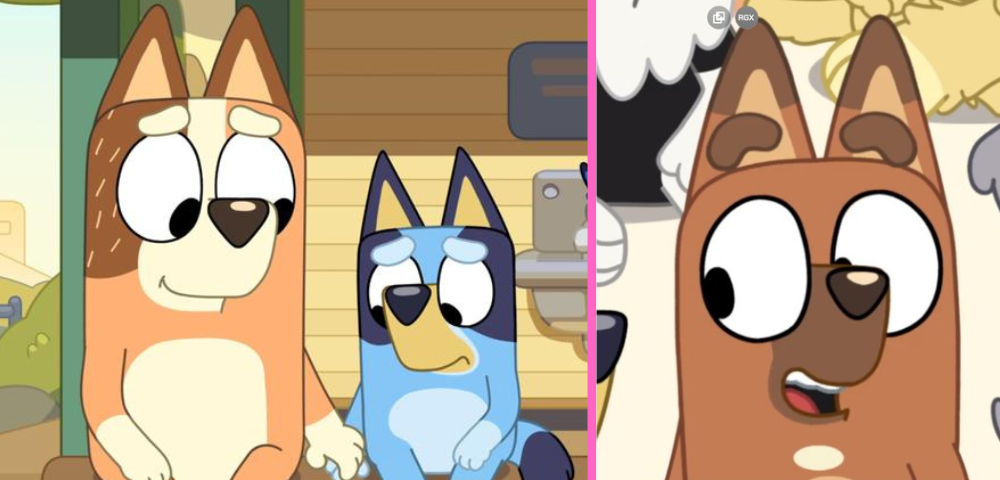
The unsung volunteers making a vital difference in the LGBTI community
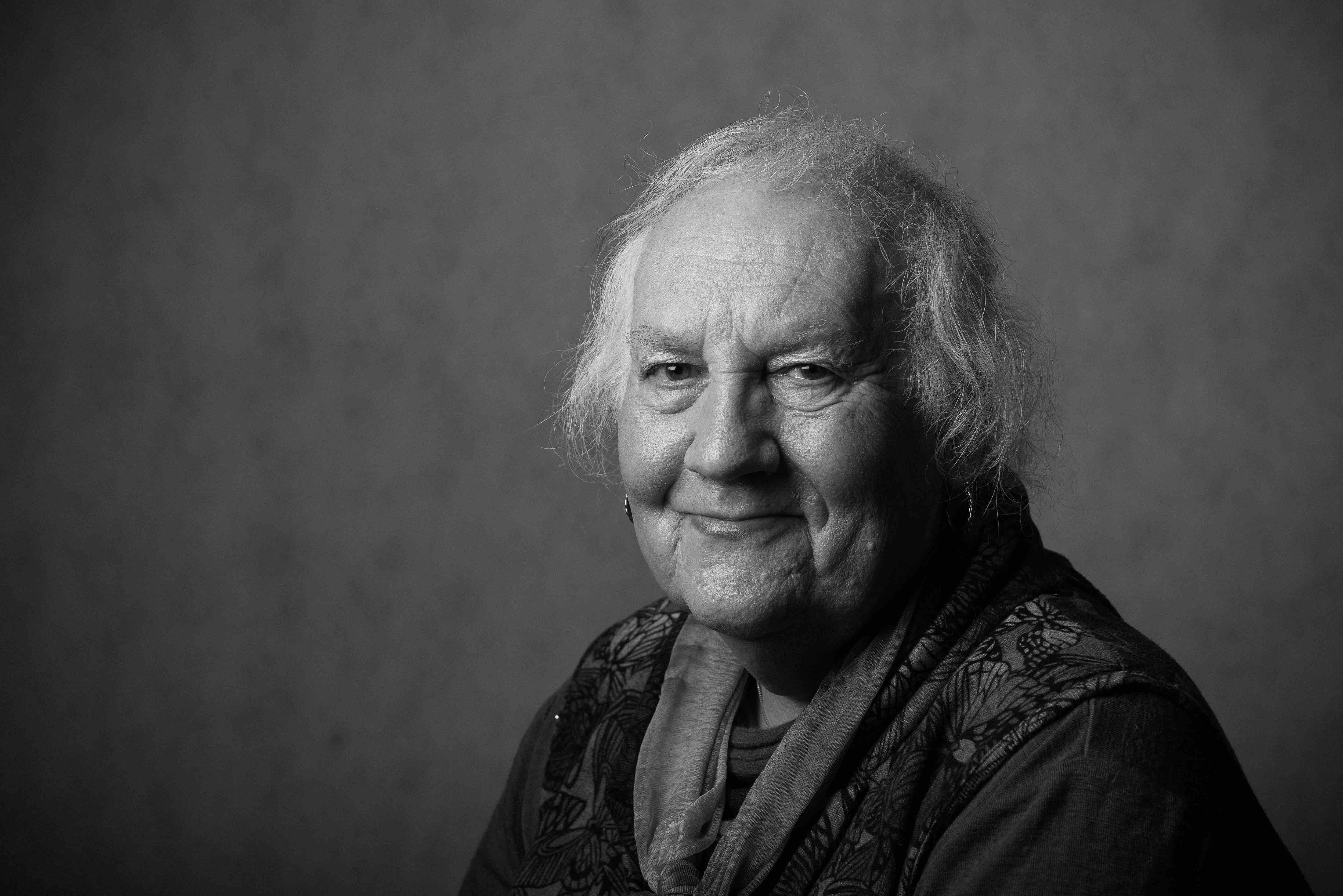
LGBTI groups and organisations run on volunteers who don’t always get the recognition they deserve. Jess Jones spoke to three people who work in very different roles about how they’re making a vital difference.
***
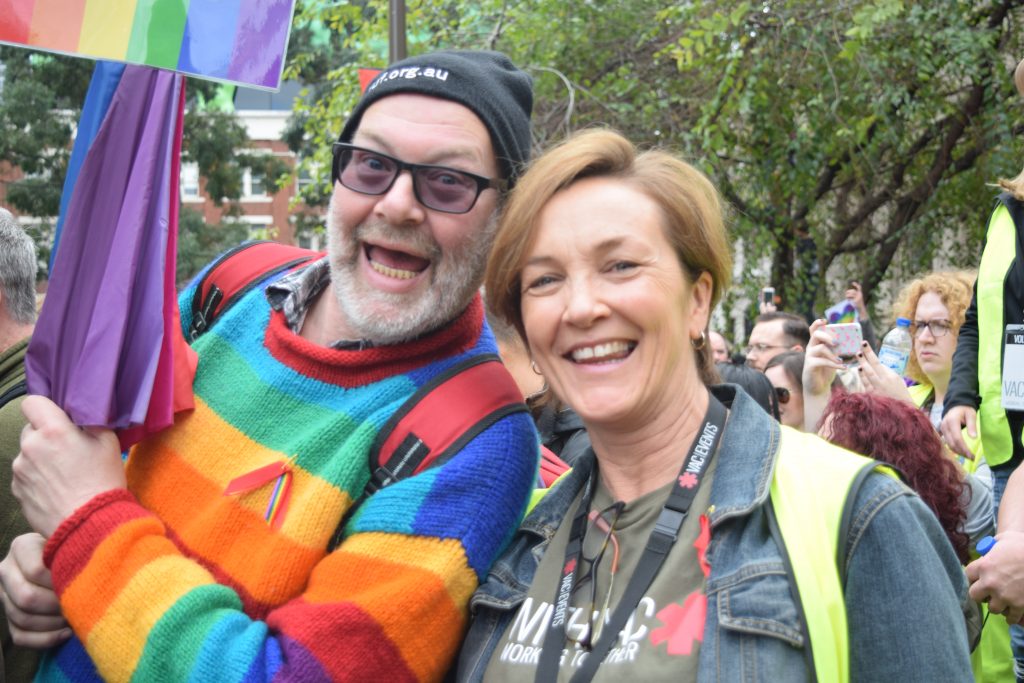
Victorian AIDS Council (VAC) volunteer Karin Grima is asked what she calls “bizarre questions” about HIV all the time.
A friend once asked if it was “safe” for their children to play together, because Grima had taken her daughter into the VAC office.
She took the opportunity to dispel the still-common myth that HIV is transmitted by casual contact.
“I was gobsmacked,” says Grima.
Being an ally in the straight world for LGBTI people and people living with HIV is a big part of her life, and not just when she’s on a volunteer shift.
Grima has a family and a day job in government, but still finds the time to volunteer every week at the Positive Living Centre in Melbourne.
The job description of ‘reception’ doesn’t begin to cover the range of administrative work and social and emotional support Grima assists with.
She has had two stints with VAC, first volunteering in the early nineties when the damaging Grim Reaper public health ads were still fresh in everyone’s minds.
“There was a lot of stuff in the news, irrational outcries about danger,” she recalls.
With a family friend having died from an AIDS-related illness, Grima was motivated to work with VAC in a community support role. She began volunteering around the time her daughter was born, and took the baby along for her shifts.
The unintentional small gesture of bringing a baby into the centre was powerful at a time when many people were terrified of catching HIV from so much as touching the same surfaces.
“I didn’t realise the importance of it at the time, in relation to acceptance and stigma around HIV,” she says.
Once her daughter grew up, Grima returned to volunteer at the Positive Living Centre in 2015 and has become a Thursday night fixture.
“Being a constant for people who might otherwise feel isolated is really important,” she explains, adding that she feels honoured that people accessing the centre have welcomed her and trusted her with their stories.
Grima plans to continue volunteering for as long as she can.
“I feel like I’m a part of something, a huge sense of pride in being a VAC volunteer,” she says.
“I just love belonging to the community.”
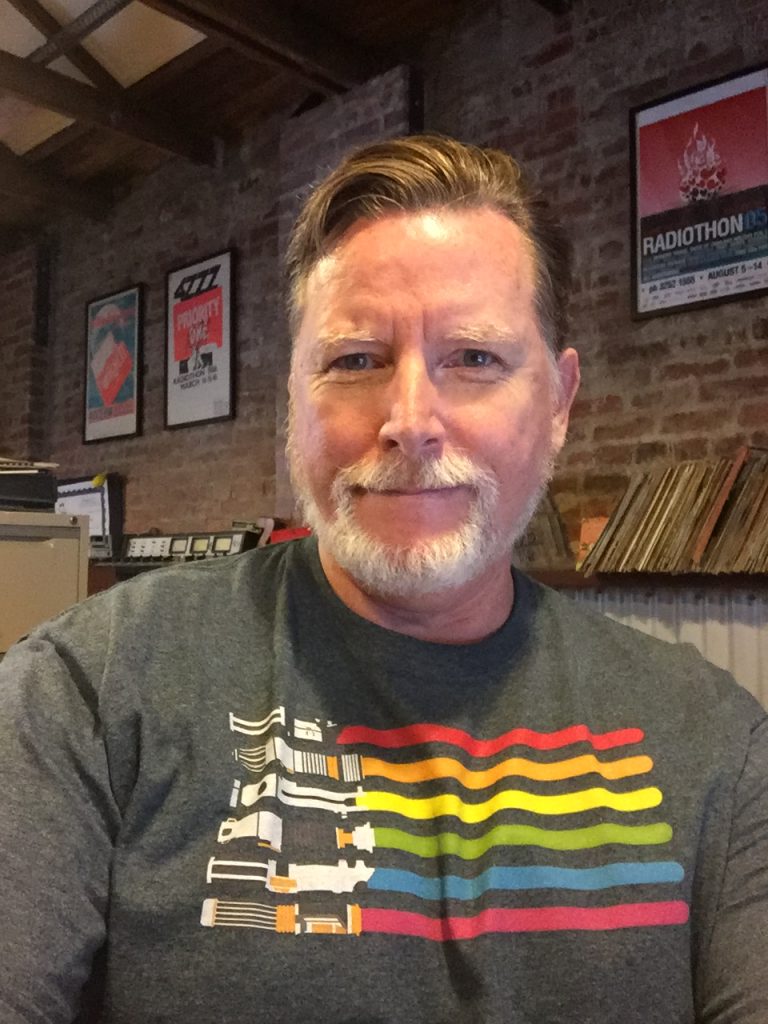
Blair Martin does different kind of volunteer work. He’s the coordinator and host of Queer Radio on Brisbane’s 4ZZZ.
Martin has worked with the station for 20 years, and became regularly involved with Queer Radio six years ago.
“Queer programming at 4ZZZ goes a very long way back,” says Martin.
He believes his show, now 25 years strong, is the longest-running radio program for people of diverse genders and sexualities.
“Community radio has always provided a voice for people on the margins,” he says.
“4ZZZ is strongly supportive of women’s rights, and of the First Nations community.”
Queer Radio is a voice for people from all parts of the queer community including trans, intersex and bisexual folks, queer women, people of colour, and people who are polyamorous, among others.
“Everyone who is part of that non-heteronormative community is under that umbrella, but everyone has different needs,” Martin says.
“We can’t just focus on Anglo cisgender males.”
The station allows hosts to pick their own music for each show, but has a quota for music by women and non-binary artists, as well as local artists, to ensure diversity. Martin’s guests on the show range from community activists and porn stars, to musicians.
With a background in performing on stage and film, Martin says he was always interested in radio and jumped at the opportunity to get involved with Queer Radio.
As well as hosting the show, he handles training new volunteers and even runs the reception desk once a week.
“I’ve got so many hats at the station now, but I think the thing that gives me the most pleasure is being the training coordinator,” he says.
“Training new announcers is a big part of my role, and I love doing that. I love being able to bring people through training who are interested in being a part of 4ZZZ, who see the reason the station exists and how important it is.
“Everyone is welcome. At 4ZZZ everyone who is marginalised in society has a voice.”
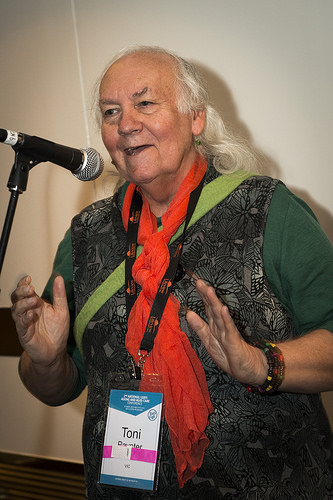
Another very busy volunteer, Toni Paynter has worked with Transgender Victoria for the last four years. She coordinates a peer support group and drop-in centre for trans people.
When she’s not at TransGender Victoria, Paynter also runs another support group, and volunteers with JOY 94.9 and the Victorian Mental Illness Awareness Council.
“Being busy saves me getting into trouble,” she laughs.
Paynter says working with Transgender Victoria is rewarding because she can help other trans people.
“There are people coming in because they’re anxious or they don’t know where to go or what to do next,” she says.
“Some are people who are well into their transition, others are not even sure whether they’re trans or not.”
The support group runs twice a month, with Paynter both facilitating the group and managing other volunteer staff. Transgender Victoria often helps by referring people from the group to more specialist support services as well.
“Sometimes it’s medical centres—not every medical clinic is friendly for trans people, or even knows what to do with trans people,” says Paynter.
A keen interest in mental health first drove Paynter to volunteering in support roles. She has made a difference for many people during her time volunteering with Transgender Victoria.
“Trans people are very marginalised, and I get a great kick out of helping a marginalised group in the community,” she says.
“I’ve been there and put up with the hassles and the stigma, so I relate very easily with people who come for support.”
Paynter says the key to volunteering is to find a role that you care about.
“To be a good volunteer you need to have a passion for what you’re doing,” she says.
“If you’ve got a passion you can make a difference.”




